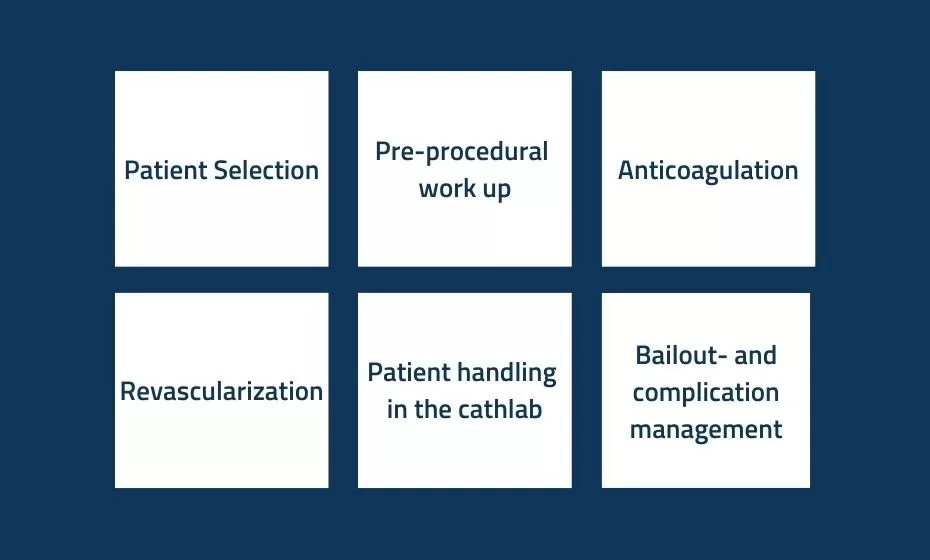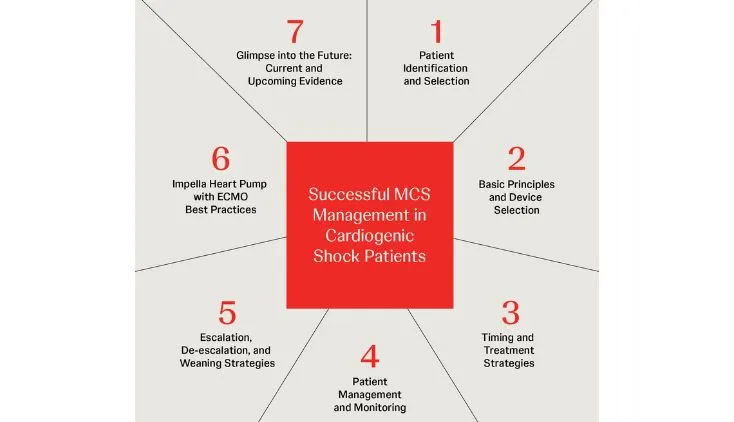Clinical Research & Data, Unloading, AMI Cardiogenic Shock, Protected PCI
What is the STEMI DTU™ Pivotal Trial?
The STEMI DTU pivotal trial is a prospective, multicenter, two-arm randomized controlled trial that plans to enroll 668 patients undergoing treatment for a STEMI heart attack. Half the patients will be randomized to receive delayed reperfusion after 30 minutes of left ventricular unloading with the Impella CP®. The other half will receive immediate reperfusion, the current standard of care. The trial will test the hypothesis that unloading the left ventricle for 30 minutes prior to reperfusion will reduce myocardial damage from a heart attack and lead to a reduction in future heart failure-related events.
STEMI stands for ‘ST-segment elevation myocardial infarction’ and DTU refers to ‘door to unloading.’
The current guideline recommended therapy for acute myocardial infarction (AMI) due to occlusion of a coronary artery is rapid revascularization to enable primary coronary reperfusion and limit infarct size.1 However, reperfusion of an occluded artery also contributes to reperfusion injury and increases infarct size.2
Recent pre-clinical studies suggest that primary ventricular unloading using left ventricular (LV) assist devices such as the Impella heart pump prior to coronary reperfusion reduces infarct size.1,3
References
- Esposito, M.L., et al. (2018). J Am Coll Cardiol, 72(5), 501-514.
- Yellon, D.M., et al. (2007). N Engl J Med, 357(11), 1121-1135.
- Kapur, N.K., et al. (2015). JACC Heart Fail, 3(11), 873-882.
IMP-395


